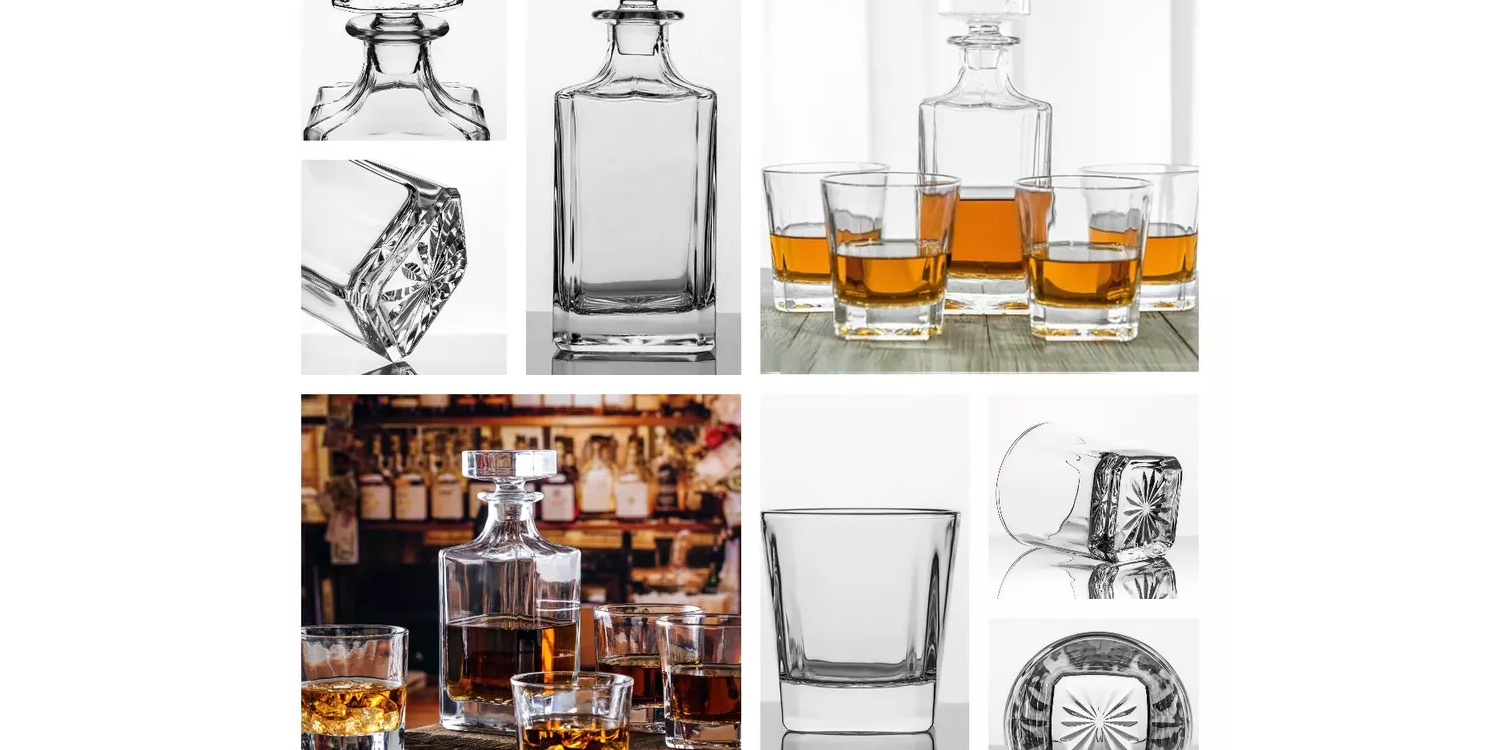Glassware is an umbrella term for many items made from glass. Only a tiny percentage of people are familiar with the different glassware styles. Everyday usage glasses and wine/stemware glass styles are the most common. However, Alibaba has many others to pick from for home and commercial use. You can also buy custom glassware to match your space or for a unique touch. Some think that glassware means the material used is glass which isn't always the case. So, do you know the various forms of custom glassware materials?
Do you know the various forms of custom glassware materials?
Glassware materials vary for several reasons. One of the major reasons is their application because different glasses have varying uses. Another reason is the taste and preference of buyers. Some people prefer one type of glass and not the other because of the aesthetics and functionality. Each glass has outstanding qualities that make it suitable for your style. Here are the types;
Glass
It's by far the most common glassware material. You'll spot glass items almost everywhere you go since it's perfect for everyday use. In addition, it's also the least expensive, which explains the high usage. The reason why most glass items are thick is that glass is very fragile. It does poorly in areas with sudden temperature changes, but you can use it in a microwave for a few minutes. An alternative for pure glass is borosilicate glass, which beats all these challenges.
Crystal
It's easy to confuse it with glass, but it's more beautiful and better. Crystal glassware is more robust than glass since it contains lead oxide. These items have varying lead oxide percentages for two reasons. One is that manufacturers made them from different regions, and second, at varying times. The beauty of crystal objects is undeniable. Their colors are stunning, not to say the clear ones are any less. The lead oxide is responsible for this considering it is soft and flexible. Crystal costs a little more, but it's worth purchasing.
Non-lead crystal
As the name suggests, the lead component is absent and replaced with magnesium or zinc fill-ins. The material would be as fragile as glass if left without the fill-ins. Some glassware from this material is thin but firm; thus, breakage is minimal. Besides the missing lead, this material is similar to the above crystal. Its durable nature will let you have the glassware for years and is eye-catching too. Non-lead crystal material costs as much as crystal or slightly less since it has most of its qualities. However, it's still pricier than glass.
Bottom line
Whether it is on cutlery or in wine and liquor bottles, you will notice glass. Custom glassware materials come in glass, crystal, or non-lead crystal materials. Note that glass is the cheapest and most fragile but ideal for daily use. The crystal materials are pricey but beautiful and better than glass. The price and preference may dictate your material, but consider other features like heat resistance and durability. Look for suppliers offering custom glassware materials in Alibaba to get the type of glassware you want.

